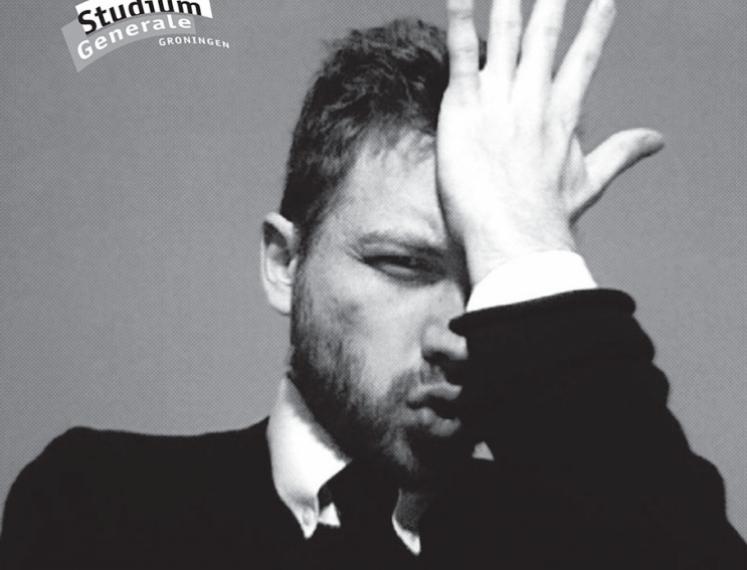Academy Building
Broerstraat 5
Groningen
Netherlands
The Memory Illusion
Memories are our most cherished possessions. We rely on them every day of our lives. They make us who we are. And yet the truth is they are far from being the accurate record of the past we like to think they are. True, we can all admit to having suffered occasional memory lapses, such as entering a room and immediately forgetting why, or suddenly being unable to recall the name of someone we've met dozens of times. But what if our minds have the potential for more profound errors, that enable the manipulation or even outright fabrication of our memories?
Forensic psychologist and memory expert Julia Shaw uses the latest research to show the astonishing variety of ways in which our brains can indeed be led astray. Why do we sometimes misappropriate other people's memories, subsequently believing them to be our own? How is it possible that police officers can imprison an innocent man for life on the basis of many denials and just one confession? Julia Shaw demonstrates the way radically false memories can be deliberately implanted, leading people to believe they had tea with Prince Charles, or committed crimes that never happened. And she reveals how, in spite of all this, we can improve our memory through simple awareness of its fallibility.
Julia Shaw is senior lecturer in criminology at London South Bank University. She is best known for her work in the area of false memories. Besides her research, she delivers business, legal, military, and police talks on preventing common memory mistakes. In 2016 she published her bestselling book The Memory Illusion, which will appear in 14 languages. She is also a regular contributor to Scientific American and Der Spiegel.



